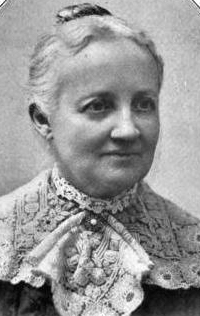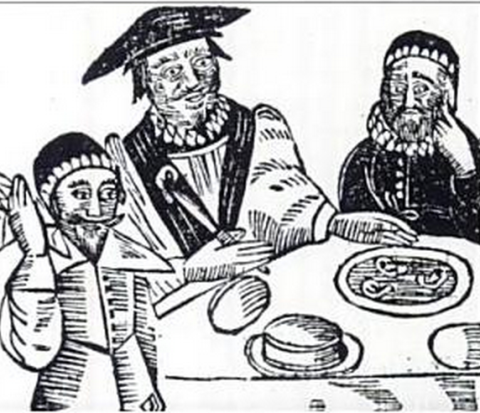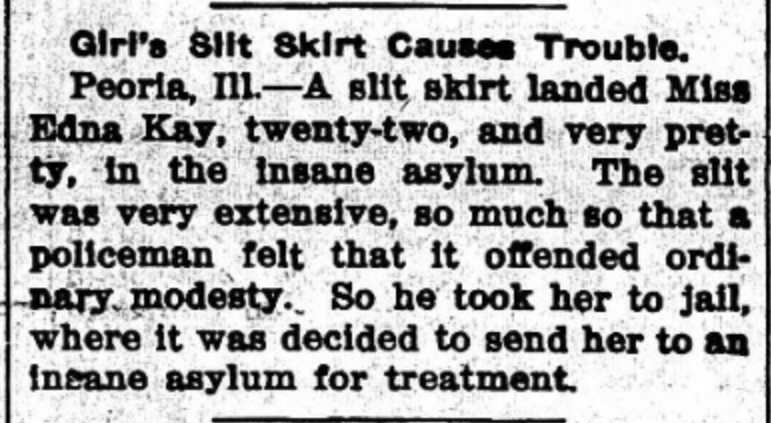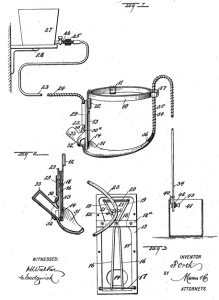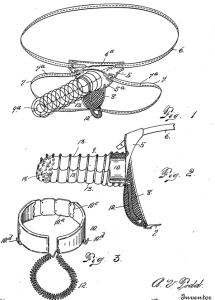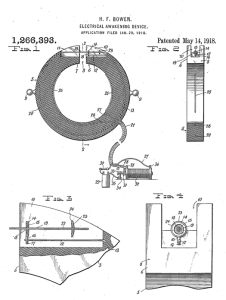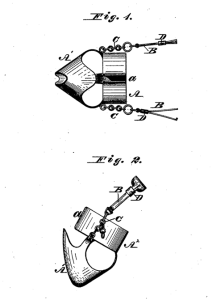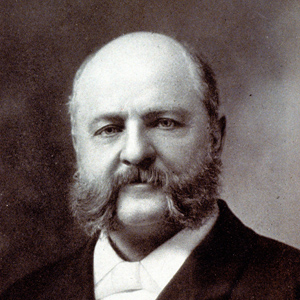
The Comstock Act (passed 1873) was a United States federal law that made sending obscene materials through the mail a criminal offence. Under the Comstock provisions, the definition of ‘obscenity’ was very broad. Some of the prosecutions launched by postal authorities involved sexual health material, marriage handbooks, ‘coming of age’ guides, saucy poetry and love letters.
Even the most sacred of books was not sacred under the Comstock law. In 1895 John B. Wise of Clay County, Kansas was arrested and charged with sending obscene materials by mail. The material in question was a postcard containing two quotations from the Bible:
“Wise… sent a quotation of scripture by mail to a preacher friend, with whom he was having a scriptural controversy. As the quotation was obscene, the preacher got angry and caused Wise’s arrest for mailing obscene matter. The case is in the Topeka federal court… if the quotation is adjudged obscene [then] then Bible as a whole is unmailable matter.”
Wise’s case went to trial the following year and he was convicted by jury and fined $50. He declared his intention to appeal, however press archives do not contain any mention of this.
Source: The Advocate (Topeka, Kansas), June 19th 1895. Content on this page is © Alpha History 2019-23. Content may not be republished without our express permission. For more information please refer to our Terms of Use or contact Alpha History.

